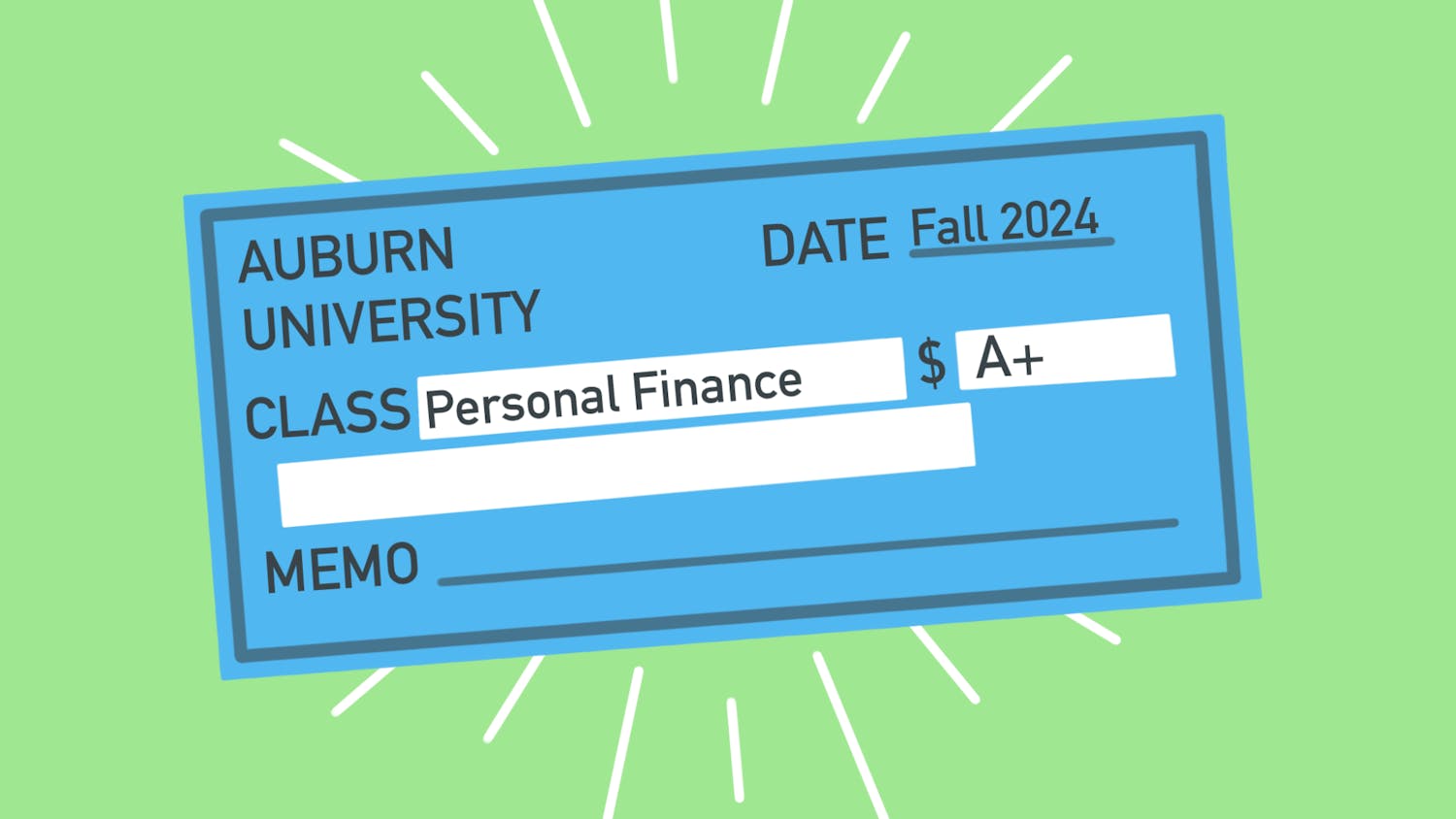Spring Editorial Board 2016
Approximately one in five adults in the U.S. suffer from mental health issues each year, according to the National Alliance on Mental Illness.
Colleges have seen the percentage of students suffering from mental health issues climb steadily throughout the past few decades, and Auburn University is no exception.
In 2015 alone, five Auburn students ended their own lives.
Students struggling with mental health issues at Auburn have the opportunity to make an appointment at Student Counseling Services and usually have it scheduled within a week or two.
This appointment consists of a mental health professional performing an intake assessment for the patient to determine which professional help options would best suit them.
In addition to this matching process, the urgency of each individual case is considered when determining the wait time for the counseling sessions to begin.
If the case is urgent enough, students can receive care immediately.
An on-call psychologist is present at Student Counseling Services from 8 a.m.–5 p.m. Monday through Friday.
But if a student isn’t deemed to be in urgent need of counseling, that wait time usually extends to about an entire semester.
A semester-long wait can be deadly. Time is of the essence when you’re in an embattled state with your own mind. Life doesn’t take a pause to respect this waitlist. Life continues its beaten path whether you’re mentally prepared or not.
With regards to people conveying their urgency, two potential issues come to mind.
Some students, recognizing how urgency is given preference, may easily invalidate their own feelings and convey less urgency.
This could stem from the fear of diverting time away from others who they believe need it more, even if that’s not the case.
On the other hand, it’s not a stretch to imagine some students knowing how preference works and responding in the opposite manner.
Claims of urgency could be inflated and so students who are truly in need of urgent care would be worse for it.
While exaggerating urgency for mental health issues would be immoral to do, how much blame could really be placed on students who would do such a thing?
With a waitlist of over 300 students and only 11 counselors to provide care, many students feel boxed out of a solution.
This has to change. We need more counselors to provide help to the growing number of students who require it.
Mental health should be treated with the same level of importance as physical health.
Instead of treating a visit to a mental health professional as something only to be done during a crisis, people ought to view their mental well-being as something that routinely needs to be checked up on and worked on.
The same preventative emphasis placed on our physical state should be extended to our mental state.
Imagine if you had a broken bone and the Auburn University Medical Clinic told you to come back sometime next semester to see a doctor. The ridiculousness of the situation is parallel to current issue facing Student Counseling Services. It is our hope that the upcoming five year plan will provide a solution.
Do you like this story? The Plainsman doesn't accept money from tuition or student fees, and we don't charge a subscription fee. But you can donate to support The Plainsman.



